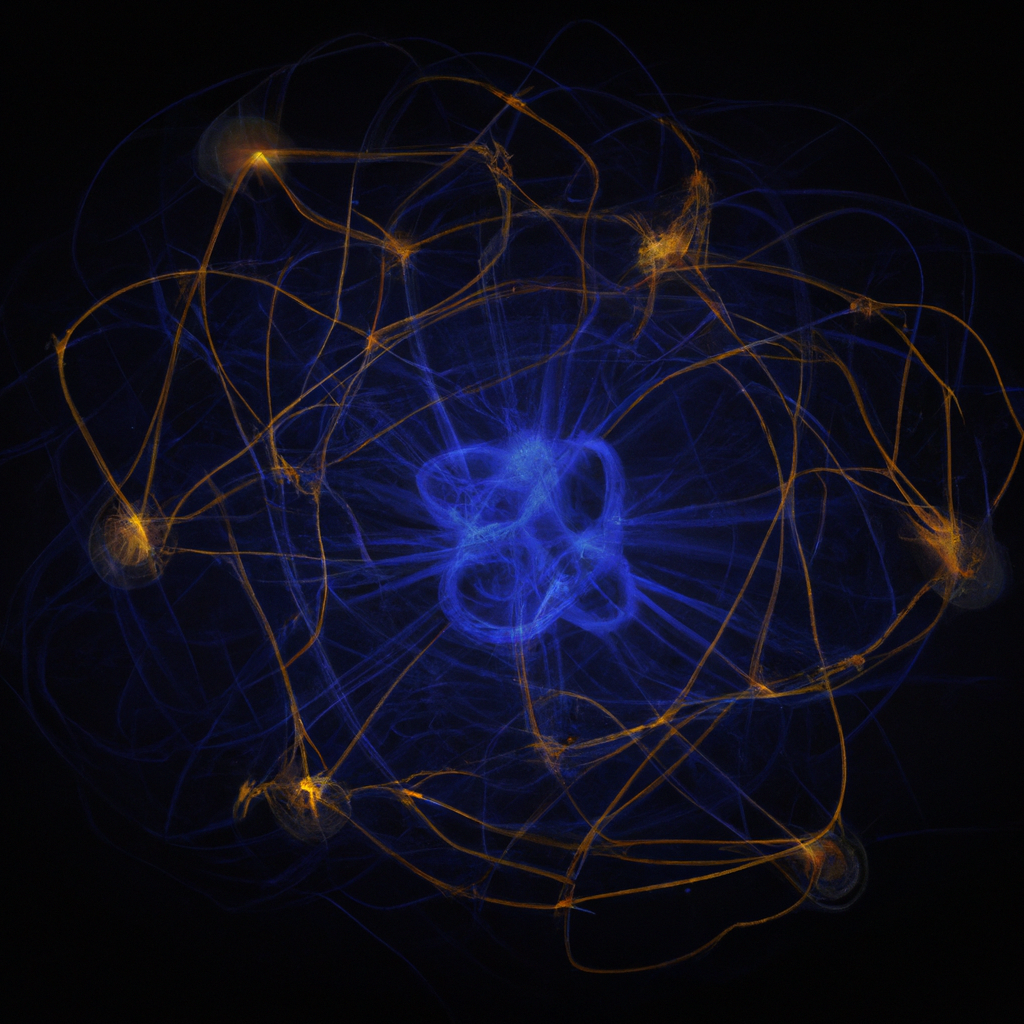The intersection of neuroscience and quantum physics might seem like an unlikely pairing at first. However, as we delve deeper into the 2025 landscape of scientific research, the connections between the micro world of quantum particles and the macro realm of human consciousness are becoming increasingly apparent and fascinating.
In this comprehensive exploration, we will uncover the theories and experiments that are currently shaping our understanding of this complex relationship. From the quantum mechanics that govern neural processes to the potential quantum nature of consciousness itself, this post will provide a detailed overview of the most groundbreaking studies and hypotheses.
First, let’s consider the quantum properties such as superposition and entanglement. These phenomena, traditionally observed at the subatomic level, are now being studied in larger biological systems. Recent research suggests that quantum effects could explain how neurons process and transmit information, potentially revolutionizing our understanding of brain function.
Moreover, the ‘quantum brain’ hypothesis proposes that quantum mechanics plays a critical role in cognitive functions such as decision-making and problem-solving. This theory is supported by experiments demonstrating quantum coherence in proteins and DNA within brain cells, suggesting a much more intricate level of cellular functioning than previously thought.
Another exciting area of research is the application of quantum computing to simulate neural networks. By harnessing the power of quantum bits (qubits), scientists are developing models that could mimic brain activity with unprecedented accuracy and speed, providing new insights into mental health disorders and neural rehabilitation.
The implications of these discoveries are profound, not only for our understanding of the brain but also for potential technological advancements such as quantum artificial intelligence (AI) and enhanced neural interfaces. As we continue to forge paths at the confluence of neuroscience and quantum physics, the possibilities for future applications seem limitless.
In conclusion, the exploration of the quantum dimensions of neuroscience is not just about understanding the brain but also about unlocking new paradigms in science and technology. With each research stride, we move closer to deciphering the mysteries of human consciousness, guided by the principles of quantum physics.






